How to Change Bad Habits into Healthy Decisions
Published: May 6, 2021
It’s normal to have habits we consider “bad” because they’re not good for our health, for our relationships, the planet, you name it. It’s also normal to avoid trying to change them. “Old habits can be hard to break, and new habits hard to make,” says the American Heart Association (AHA) – and they should know, considering that heart disease is the No. 1 cause of death in the U.S., and 80% of heart disease (and stroke) is preventable. Preventable as in, changing bad habits that affect our health.
When it comes to our health, there are many reasons to change bad habits such as avoiding exercise, eating unhealthy foods, or smoking. Usually, we know we should change these behaviors – we’ve read all the statistics, know the side effects, etc. Yet we stick with them for many different reasons – some of the biggest being stress, fear of change, and lack of motivation. But organizations like the AHA and others insist that we have the power to change our bad habits into healthy decisions and positive behaviors.
Common suggestions for breaking bad habits
There’s no one-size-fits-all approach. Success depends on finding the right combination of techniques that work for you. Here are some of the most common recommendations:
Acknowledge – kindly – what you want to change about yourself. “Awareness brings acceptance,” says Leon Ho, founder, and CEO of LifeHack. “Unless a person realizes on their own that a habit is bad, … there is very little chance of the habit being kicked.” And don’t beat yourself up about it.
Healthy decision: Use positive action language – replace “I’m so out of shape” with “I’m learning how to exercise more.”
Know your “cues.” Anyone who’s tried to quit smoking knows all about cues, or “triggers.” You’re stressed out, you light up. You’re out with friends, you light up. Simply being aware of the triggers is a big step. According to an article in Harvard Men’s Health Watch, “Research has found that habit triggers typically fit into five categories: location, time, emotional state, other people, and immediately preceding action.”
Healthy decision: Know your cues and be prepared for them.
Replace the behavior. One popular way to react to a cue is to do something different in response. If you typically respond to stress by eating junk food or smoking, for example, replace the behavior with something healthier.
Healthy decision: Take your “cue” to go for a walk, clean or organize something, or eat something healthier. If you do that one time, you can do it again.
Be realistic. The National Institutes of Health (NIH) recommends creating a plan and setting realistic goals. “Start with small changes,” advises the NIH. “For example, ‘I’m going to walk for 10 minutes, three times a week.’” Recognize situations that may present challenges, such as travel, and decide in advance how you’ll work around them.
Healthy decision: When you have a setback, don’t use it as an excuse to relapse. Just get back on the horse.
Celebrate your success. “Pat yourself on the back,” advises the NIH. “When negative thoughts creep in, remind yourself how much good you are doing for your health.” Consider sharing your successes with friends or family, in person, or on social media. But first, think about whether sharing the updates will affect your commitment – some people prefer to keep their challenges and goals private.
Healthy decision: Celebrate in whatever way keeps you motivated.
Habits are like muscles
If you master a “bad habit” successfully, you’ll find that you’ve created a positive habit – and you will be in control of it, not vice versa. As bestselling author and journalist Frank Bruni says, “Habits are like muscles; they get stronger with repeated exercise. You force yourself to do something the first time. You force yourself the second and the third and the fourth. And then, with each subsequent effort, there’s less force required.”


